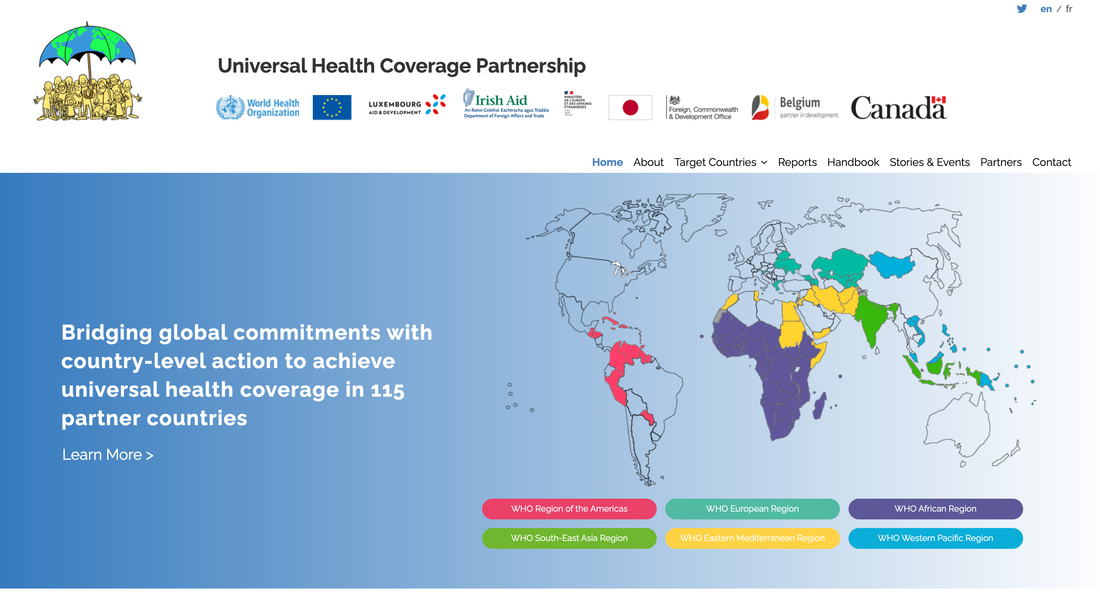|
Menna El Shiati, Advisor - Gender and FGM, Community Systems Foundation Presently, millions of people die every day from diseases that could have been prevented or cured with access to quality health services and affordable, effective medicines. [1] Living in a global environment where transitions continuously occur, countries often face the challenge of finding the time and resources needed to document healthcare progress and policies that lead to health gaps. To help overcome this coordination barrier and facilitate dialogue on national health policies, strategies and plans towards Universal Health Coverage, the World Health Organization (WHO) entered into a collaborative agreement with the European Union (EU) and Luxembourg in 2011. Since 2013, Community Systems Foundation (CSF) has been supporting the WHO in its knowledge management and communication efforts under the Universal Health Coverage Partnership. In this regard, through this partnership, CSF is working alongside global leaders to support the achievement of Sustainable Development Goal 3. Featuring the progress of the 38 partnership countries, the UHC-P website is a platform that serves as a knowledge bank for managers, donors, partners and users to find relevant information on the work performed by countries, the WHO, the EU, Luxembourg and other partners. CSF has consistently provided support and maintenance to the website. CSF has developed content based on regular interviews with program stakeholders, produced news articles on Partnership countries, and offered graphic design services jointly with the WHO. Additionally, CSF has helped with the development of annual reports, posters, brochures and advocacy documents to showcase examples of country activities under the Partnership. CSF is also supporting the WHO Country offices by regularly updating news articles and documenting the experiences of countries in the partnership to learn best practices from other countries. The knowledge sharing platform also promotes policy dialogue and facilitates discussions between countries and governments on how best to strengthen national health systems. This enables the establishment of strong relationships between the WHO country offices, Ministries of Health and other key stakeholders. Through the UHC-P platform, 38 countries have the opportunity to celebrate achievements, share experiences, reflect on challenges and discover innovative solutions in achieving Universal Health Coverage, as part of the Sustainable Development Goals. For more information on the UHC-P, please visit the website here. [1] General Assembly/11992. General Assembly Adopts Text on Global Health Coverage Day, Urges Greater Recognition of Link between Global Well Being, Foreign Policy. 12 December 2017. Accessed at: https://www.un.org/press/en/2017/ga11992.doc.htm
0 Comments
Leave a Reply. |
Join the CSF data revolution webinar tomorrow!
COMMUNITY SYSTEMS FOUNDATION – EST 1963
+1 212 500 1335
data-driven sustainable development

